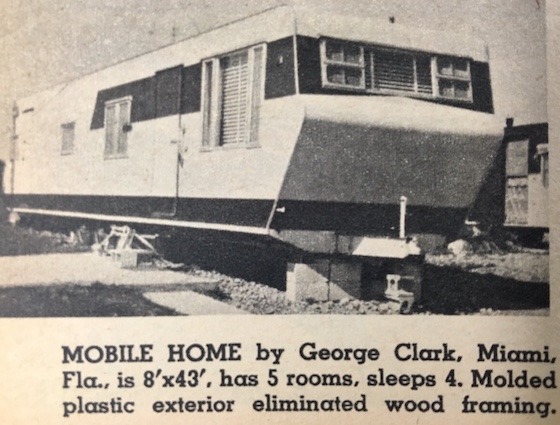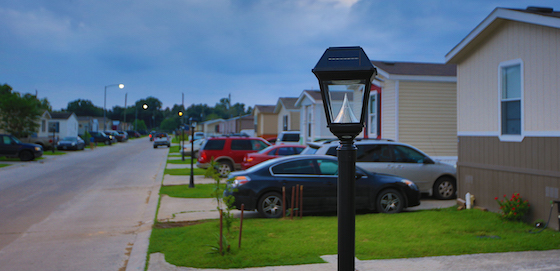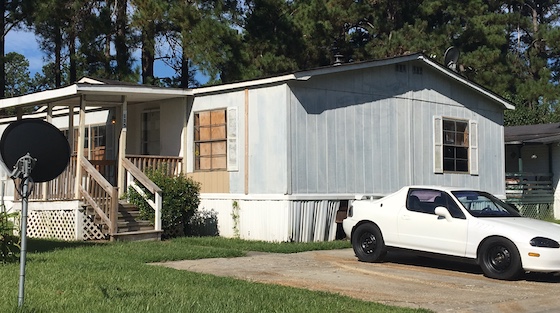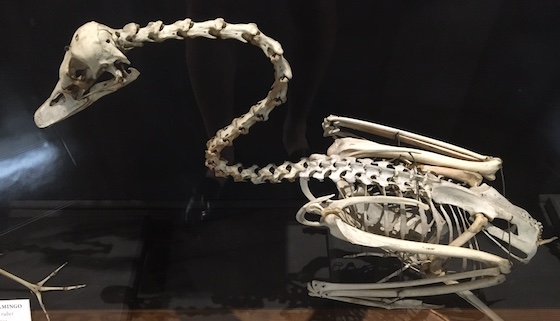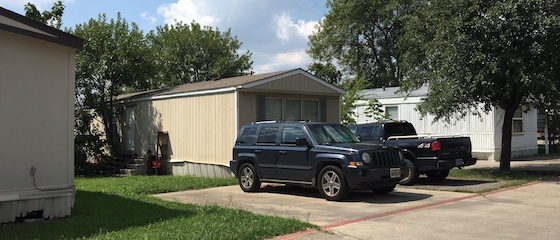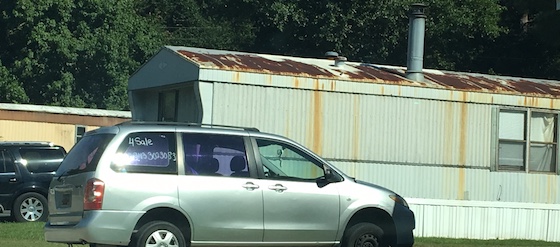I used to own this Mexican restaurant. Well, not really. I owned the building that it’s inside of, because it came with a mobile home park I bought on Lake June Road in Dallas. Back then, it was a rundown Kwik Wash laundry building, on a long-term lease that had only about a year left on it. I walked through the building during due diligence and all I saw was a beat up old building needing significant capital investment to upgrade it for a new tenant when the lease ended. And I have no interest in commercial buildings as a business model. So I set about getting rid of it.
The power of pride of ownership
In any form of real estate, the best operators show pride of ownership. It goes beyond dollars and cents, to a case of taking your property personally. While I had good deal of pride in my mobile home park, which was only a hundred yards from a Walmart Super Center, I had no interest in this little building at all. I knew that, for this building to be a success, it needed someone who cared about it and wanted to nurture it into something more, and build a dynasty of small commercial buildings. I found that person in a small investor who liked to buy and turn-around old commercial buildings. I found them by listing the building on MLS, and they were drawn to its low price. The price was $60,000. They saw the potential the building had, being so close to a Walmart. All I saw was a worn-out dump in a brick shell.
The power of specialization
I believe that in any endeavor, specialization is the key to success. And I had no interest in learning about small commercial buildings. I’m a mobile home park specialist, and not really interested in expanding that horizon for the sake of one dilapidated brick structure. I needed to find somebody who was a specialist in small commercial buildings to take this item to the next level. The buyer was excited about commercial buildings as I was about mobile home parks. It was a perfect match.
A distraction that takes away from the real business potential
I have found that ancillary assets to a mobile home park are problems in more than one arena. Managing them can cause much more stress than they’re worth. And lenders really want nothing to do with assets other than mobile home lots. So it’s typically better to sell them off if you can. In this case, the building was renting for $500 per month to Kwik Wash. By selling it for $60,000, I was unloading it at better than an 8% cap rate and avoiding probably $20,000 in deferred maintenance.
Has to be logical physically
What made the concept of subdividing the property and selling off this building possible was its physical location. It was outside the park and had direct frontage on the main road, as well as its own water and sewer connection. It is impossible to split off ancillary assets in many cases, as there is no reasonable way to construct it. I once had a two-story brick house, built in the 1800s, inside a park in Denton that was of interest to a college professor to restore and live in. He offered me far more than it was worth. But I was unable to subdivide the property because the home was set inside the mobile home park and about 500’ from the frontage.
Must have a release price from the lender
Before you can subdivide property and sell it off, you have to have the backing of your lender, and a “release” price that the lender will allow you to pay them to give up title to that portion of the property. If the lender will not release that portion – or wants more for it than you can sell it for – there’s no reason to even consider this option. In the case of the Kwik Wash building, the release price was $50,000. That worked perfectly, because the $10,000 difference between the release price and sales price covered my survey and subdivision costs.
Have to convince City Hall
City Hall is surprisingly easy to work with when you want to subdivide out any part of a mobile home park – they think anything less zoned mobile home park is a plus for the city. But you should still not take it for granted. Follow the city’s requirements and brown-nose everyone involved. The most frustrating part of doing a subdivision of your property is the time and trouble involved; surveys and paperwork and bureaucratic nonsense. But, other than the park in Denton, I’ve never had a subdivision denied.
More than just a financial benefit
The end of the story is that the new owner did a fantastic job of renovating the building and finding a good tenant, a Mexican restaurant that has been in the building for a decade. This tenant brings life to what was a blighted corner, and offers services that the residents can use. In addition, the new owner cleaned up the property, re-paved the parking lot, and brought pride of ownership back. While selling the property is better financially, it is also superior on a macro scale as it brings new energy back to that asset, brings back pride of ownership, and impresses the appraiser and results in a lower cap rate and higher valuation for the mobile home park as a whole.
Conclusion
The best thing you can do with ancillary assets in a mobile home park is often to subdivide them off and sell them. It’s a win/win for everyone involved: you, the buyer and the park residents.


